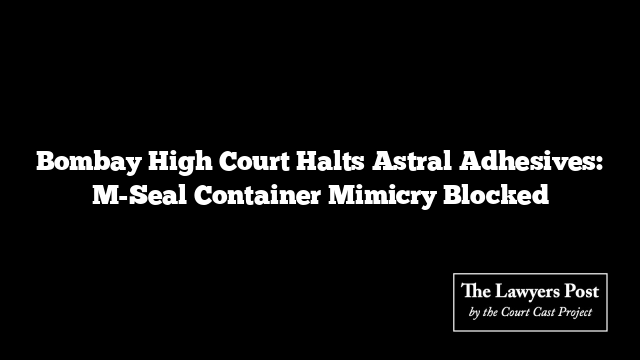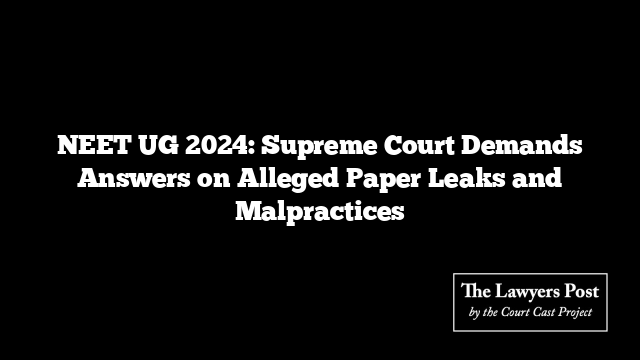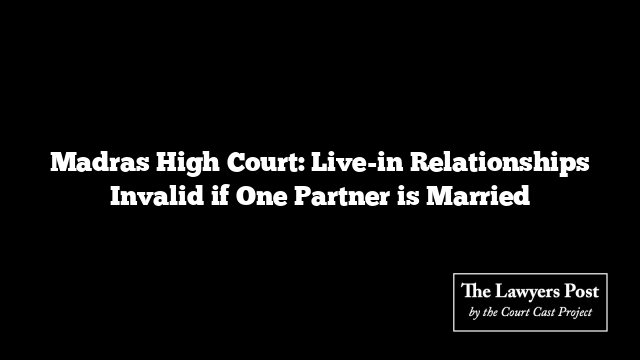In a significant ruling, the Bombay High Court has issued a temporary injunction against Astral Adhesives, preventing them from using containers that resemble Pidilite Industries’ M-Seal PV Seal solvent cement. This decision comes after Pidilite argued that Astral’s containers were almost identical to their registered design, potentially causing significant harm to their brand.
Justice Firdosh P Pooniwalla emphasized the necessity of the injunction, noting the potential for severe loss and damage to Pidilite if Astral continued using the contested containers. He pointed out that the balance of convenience favored Pidilite, underscoring the plaintiff’s need for protection against infringement.
The court was considering an interim application from Pidilite, who claimed Astral’s containers for their product Solvobond mirrored the design of M-Seal PV Seal. Pidilite highlighted specific similarities, including the container shape, configuration, and the design of the caps and grooves.
Astral defended their use by arguing that Pidilite’s design did not meet the legal definition of a design under Section 2(d) of the Designs Act, claiming it was not visually appealing and was a common trade variant. They also contended that other similar products existed in the market, and that Pidilite’s design had lost novelty due to an earlier patent application disclosing the design.
Pidilite refuted these arguments, maintaining that their design was original and novel, fitting the criteria under the Designs Act. They also clarified that their patent application was unpublished at the time the design was registered, thus not affecting its novelty.
The court sided with Pidilite, finding no evidence of prior similar designs presented by Astral. The ruling stated that Pidilite’s design features, both individually and collectively, were unique and not found in any of the designs cited by Astral.
Pidilite’s legal team included Senior Advocate Virag Tulzapurkar and advocate Hiren Kamod, supported by a team from Khaitan & Co. Astral’s defense was led by Senior Advocate Ashish Kamat, along with a team of advocates.
This decision underscores the importance of protecting intellectual property rights and sets a precedent for future design infringement cases in the industry.





